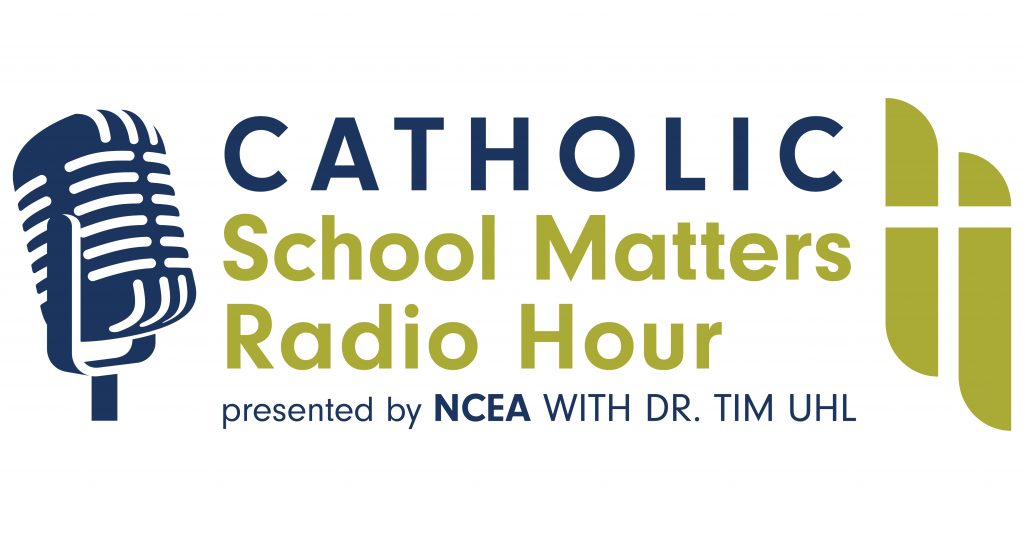
On this week’s Catholic School Matters Radio Hour podcast, I bring on three great guests. First, Dr. Tim McNiff of the Archdiocese of New York comes on to discuss his career and the state of Catholic schools. Dr. McNiff is retiring at the end of the month so it is an appropriate time for our first podcast conversation. His advice to new superintendents is relevant to all school leaders taking on new positions—“walk the farm.” You need to spend time learning the landscape before you can provide leadership.
His second piece of advice is to get your arms around the finances as soon as possible. “Without money, there is no mission,” he says. Dr. McNiff reflects on the challenging demographics of the East Coast (the “rust belt” he calls it) as well as the challenges of the charter schools. Dr. McNiff supports charters and believes all Catholic leaders should as well.
He also reflects on the tough days such as when he has to close a school. Exercise and prayer help him through the tough days, and getting into schools twice a week helps keep him focused. But his focus is on the adults—getting the right people, training, and motivating. It’s a great conversation about system leadership.
Then principal Abigail Akano of Sacred Heart School in the Bronx comes on to discuss the difference that the Partnership Schools initiative has had on her school. She was principal of the school before, during, and after the transition to the Partnership model. She discusses the changes to the school—namely the shift from survival to thriving mode. The 1924 school has seen remarkable changes due to Partnership.
Akano also talked about the change in her job description. No longer responsible for facility management, HR, and other managerial tasks, her job now centers on learning and instruction. The Operations Manager and Academic Dean positions now handle many of those tasks. This new model provides an example of a new way to imagine leadership in a Catholic school. Akano also provides a unique perspective on why she loves being a principal of a Catholic school.
Finally, youth leader Katie Prejean discusses teaching religion, what it was like to go to Rome for the pre-summit on young people, and what she loves about her ministry. Prejean is a well-known speaker, an author, and a former Catholic school teacher. Her struggles as a 9th grade theology teacher continue to shape her ministry.
How do you evaluate effective theology teaching? As someone who trains theology teachers, she has a unique perspective—intellectual formation, human formation, or a mental health day. Dialogue between principals and teachers is key to seeing what is happening and what learning looks like.
Retreats, service, liturgy, apologetics, and scripture. When challenged to identify what might be lacking in our Catholic high schools, she responded that the best Catholic high schools focus on working toward excellence in each area. However, she pointed out that liturgy is the place to start. “Sometimes the liturgies feel like funerals,” she lamented. When we focus on liturgy first, the rest of the components fall into place, she said.
“The thing that sets our schools apart is the fact that Jesus Christ is in the building. Full stop.” She preaches!
Here is another link to the podcast.